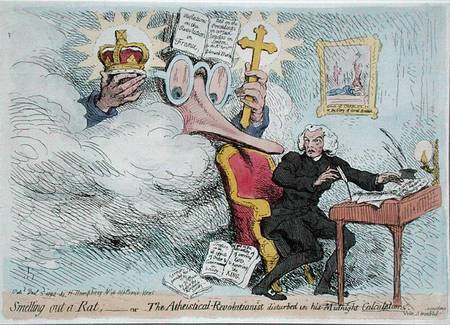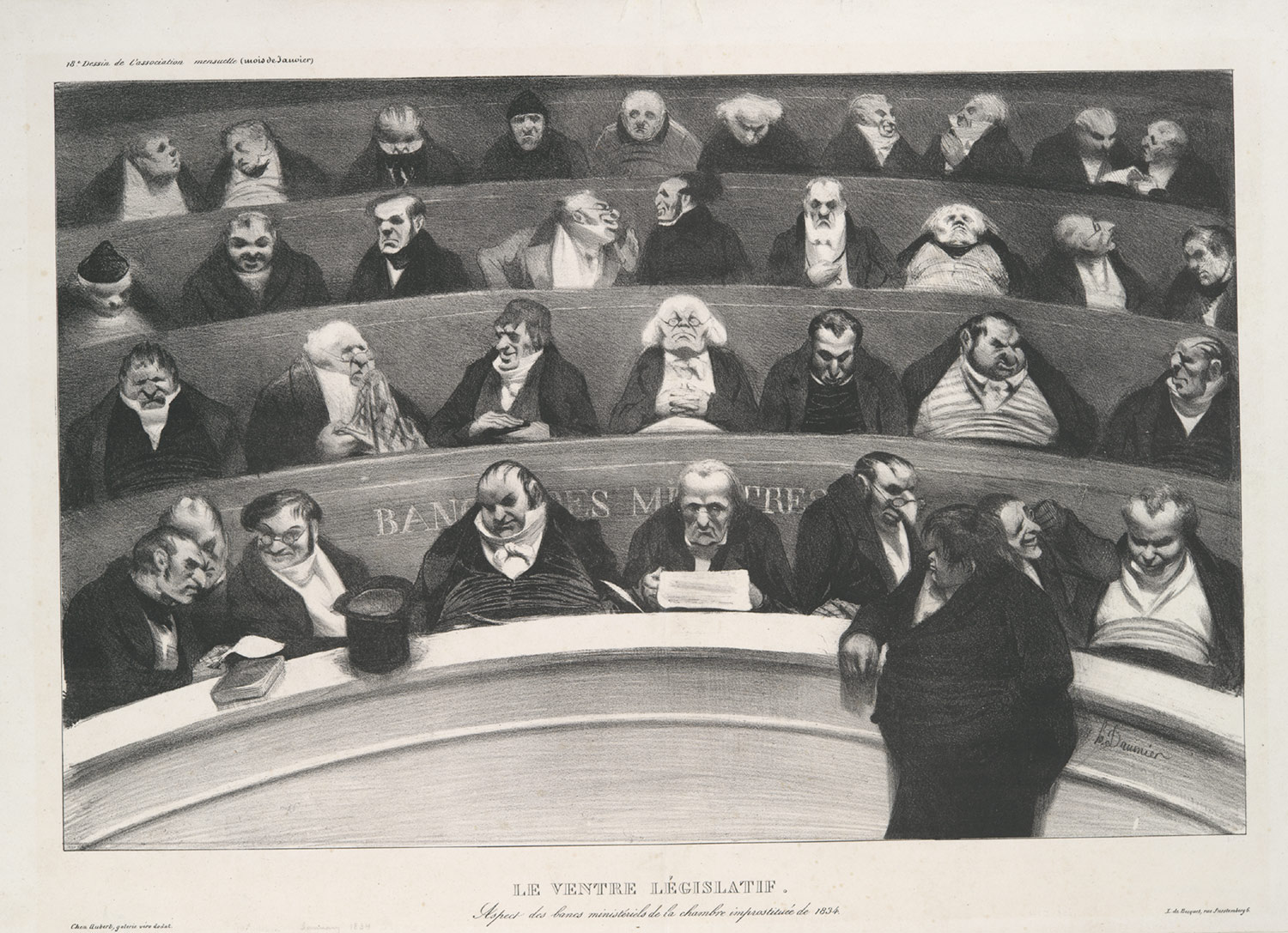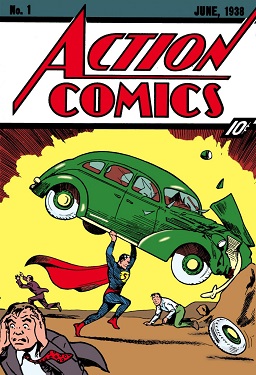As it happens, if you work at a thing -- at the thing's coal face -- if you pay your dues -- magic happens.
Such as is for me.
I've just adapted my Blogger platform so that I can best display my comics.
You'll find my comic experiments archived on Paste Up if you want to check them out. The drum is: by converting the pages of each comic to icons with one click they open to their full page glory and the comic seamlessly displays on screen with a ready mouse wheel scroll or click advance through the pages. Much easier than online slideshows.
I'm just fiddling and practicing at the moment with this medium -- experimenting. Bigger projects are in the offing as soon as I master more of the comic language.
Comic language while very cinematic is for me reminiscent of puppetry where you create a vital thing to share what you want shared. It is the use of objects that you enliven. And while a single drawing or painting may be a thing it doesn't have the potential life and movement that comic paneling offers.
You can go anywhere 'the plot' takes you. You can move the thing and your point of view about.
By using photographs you can either plan the whole thing by storyboarding in advance and shoot or collect images to that plan; or improvise with any photos you may spontaneously shoot or snaffle.
You can also alter each image to suit your theme and adjust the image so that its colour and texture is in sync with your portfolio you want to turn into a comic.
It's an edit business. Selectivity -- survival of the fittest -- rules. Only the best panels should make it into the final comic.
It then behoves you to present the comic -- your graphic work -- so that it is accessible and readable online. While I need to check out what this tweak looks like on different computer screens the process seems to work well on desktop computers. Mobile devices with their small screen won't fare so well as their screens are so small. Nonetheless, even pages at my working size make for tolerable viewing on an Ipad.
I guess that for any high end extended work, I'd need to also offer the comic as a pdf file. That way it will display on many devices as an ebook. I also see where my favorite online self publish ebook resource -- Smash Words offers graphic novel publishing option.
Comics are also self consciously unreal. You are always aware of the tools being deployed in front of your nose. You can readily see the technique being used: the lines, the framing of moments in boxes, the language held aloft in balloons, the contrived lettering and sound effects.
It is these techniques that make comics so exciting to read because they can be manipulated so effectively to choreograph pace and drama.
Way back when, I was addicted to the narrative works -- especially the etchings -- of Pieter Bruegel . They told stories on one screen/page/canvas and the narrative was always in the detail.
These are in fact comics 'despite' their artistry and skill. But comics on the one page. In each case many narrative elements are imposed on the one scene and 'the reader' follows the story being told by sifting through the imagery.
When words were added to the art, suddenly their creativity was thought to be lessened. But when you emerse yourself in the works of people like James Gillray -- you may get the caricaturing that Hogarth abhorred -- but you are offered a less pretentious and certainly less arrogant means to attain meaning.
The ready use of grotesque is not necessarily artistic slumming: Charles Dickens writing was ruled by it and his episodic novels begged and were published with illustrations.
This then leads me to my favorite French artist, Honore Daumier. While a dedicated caricaturist, Daumier had such a skilled line to his work that his art was always more than simply satirical.
Along came paper in abundance and industrial colour printing and the rest, as they say, is history:
But why the very hard copy dependent medium of comics should be experiencing a reboot in status and popularity in the age of video, ebookery and the web is an fascinating consequence of whatever drives our collective cultural quirks. But I tend to think it's pure logic in play. Film and video have made us less dependent on text. Theatre is in a cul de sac. Fantasy (which drives so many comic genres) is now a pervasive literary form and comics have been democratized in the same way that the DIY for so many mediums have become accessible and so easily shared. We're thinking more graphically -- more dependent on images. Indeed our whole life can be powerpointed just as so many mums love to scrapbook that part of it that has been.
With comics, the whole world's your stage:
Comics are also self consciously unreal. You are always aware of the tools being deployed in front of your nose. You can readily see the technique being used: the lines, the framing of moments in boxes, the language held aloft in balloons, the contrived lettering and sound effects.
It is these techniques that make comics so exciting to read because they can be manipulated so effectively to choreograph pace and drama.
Way back when, I was addicted to the narrative works -- especially the etchings -- of Pieter Bruegel . They told stories on one screen/page/canvas and the narrative was always in the detail.
Later , William Hogarth deployed the same technique although less busily than Brueghal.
These are in fact comics 'despite' their artistry and skill. But comics on the one page. In each case many narrative elements are imposed on the one scene and 'the reader' follows the story being told by sifting through the imagery.
When words were added to the art, suddenly their creativity was thought to be lessened. But when you emerse yourself in the works of people like James Gillray -- you may get the caricaturing that Hogarth abhorred -- but you are offered a less pretentious and certainly less arrogant means to attain meaning.
This then leads me to my favorite French artist, Honore Daumier. While a dedicated caricaturist, Daumier had such a skilled line to his work that his art was always more than simply satirical.
Along came paper in abundance and industrial colour printing and the rest, as they say, is history:
But why the very hard copy dependent medium of comics should be experiencing a reboot in status and popularity in the age of video, ebookery and the web is an fascinating consequence of whatever drives our collective cultural quirks. But I tend to think it's pure logic in play. Film and video have made us less dependent on text. Theatre is in a cul de sac. Fantasy (which drives so many comic genres) is now a pervasive literary form and comics have been democratized in the same way that the DIY for so many mediums have become accessible and so easily shared. We're thinking more graphically -- more dependent on images. Indeed our whole life can be powerpointed just as so many mums love to scrapbook that part of it that has been.
With comics, the whole world's your stage:









